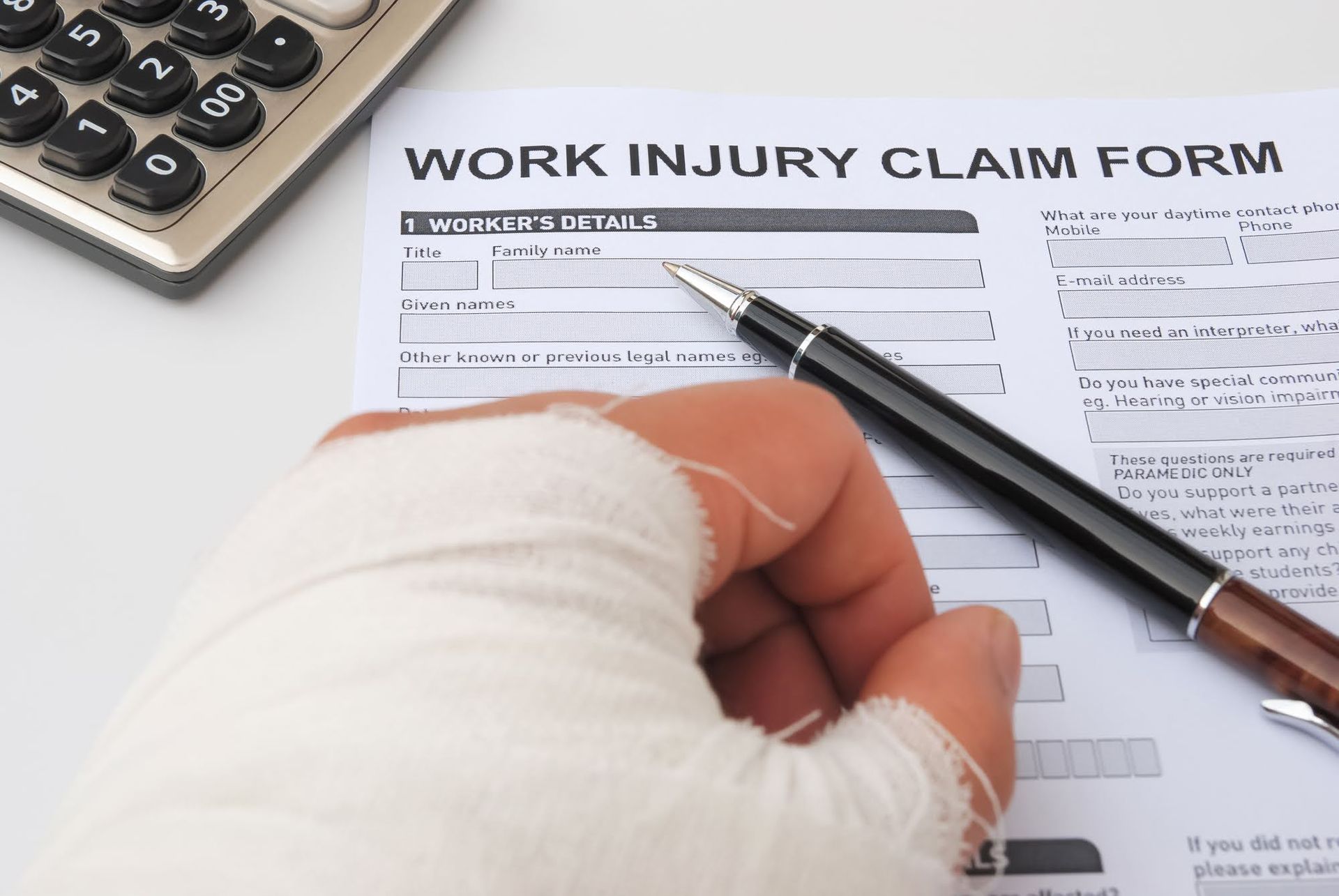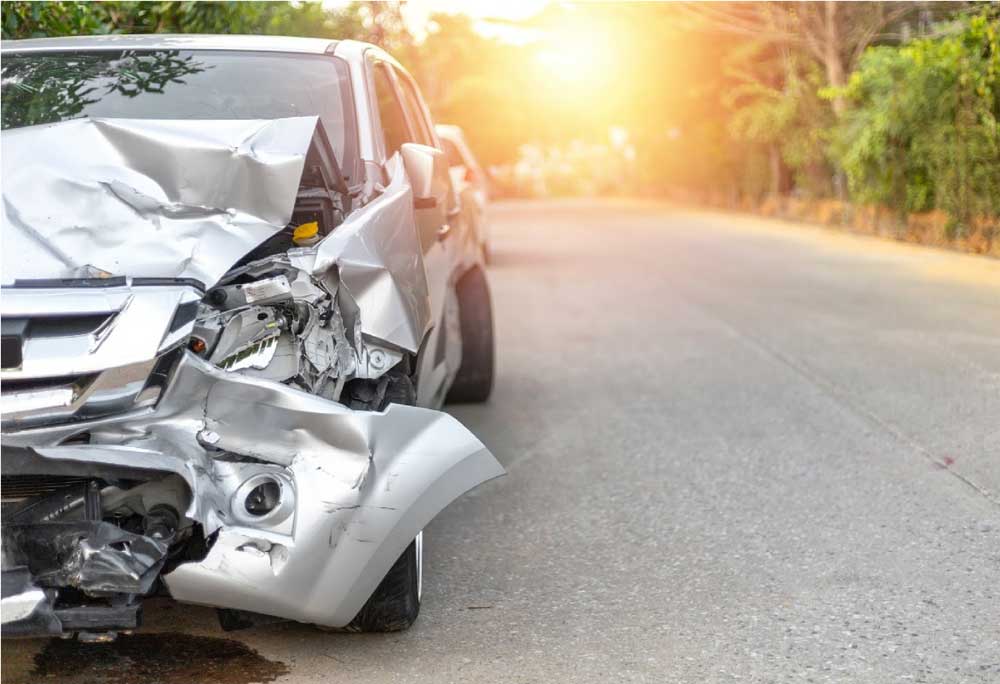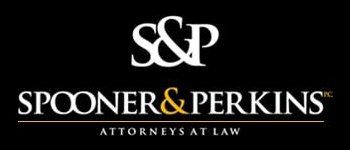Address: 1201 East Street Parkville, Missouri 64152
Toll Free:
Call Us Now:
PROVING NEGLIGENT ENTRUSTMENT IN AN AUTO ACCIDENT CLAIM
If an incompetent driver borrows a car from someone, the legal theory of negligent entrustment allows you to pursue damages against the car owner. Below are four things you must prove to succeed with the negligent entrustment claim.
1. The Car Owner Entrusted Another Person With the Car
First, prove that the car owner entrusted another driver with their car. That is, the driver must have taken control of the car with the owner's knowledge. An example is someone who loans their car to a neighbor or friend.
However, negligent entrustment law doesn't apply if the driver acquired the car without the car owner's knowledge. For example, the law won't apply if someone steals your car and causes an accident with it.
2. The Person Was Incompetent
Secondly, prove the driver's incompetency. You can use the following factors as proof.
Lack of Driving License
A driving license certifies that someone is fit to drive. Thus, someone without a driving license is unfit to drive. That is the case whether the person has never had a driving license or the authorities have suspended/revoked their license.
Intoxication
Intoxication impairs judgment, reduces reaction times, induces sleepiness, and has many other effects that make driving dangerous. Thus, an intoxicated person is an incompetent driver.
DUI Convictions
A history of DUI convictions is also a sign of incompetency. The correlation applies even if the driver wasn't intoxicated when they received the car from its owner. The more the past convictions are, the more accurate this analysis is.
History of Recklessness
A history of reckless driving, especially recklessness that leads to accidents, also shows incompetency. For example, say the driver has been involved in a road rage incident, has multiple traffic tickets, among other driving mishaps. A reasonable person would agree that such a driver is incompetent.
Dangerous Medical Condition
Lastly, some medical conditions also make driving dangerous. For example, unexpected and frequent seizures increase the risk of an accident. Thus, a driver with such a health condition is incompetent.
3. The Car Owner Knew About the Incompetency
Third, negligent entrustment only applies if the car owner knew about the driver's incompetency. This knowledge can be either actual or constructive.
Actual knowledge means that the car owner specifically knew that the driver was incompetent. For example, say the driver showed up staggering and with alcohol in their breath. In such a case, the car owner knew that the driver was intoxicated.
Constructive knowledge means that the driver should have known about the incompetency. Consider a junior teenager who borrows a car from their neighbor. The teenager doesn't have a driving license, but the neighbor neither confirms this fact nor the teenager's age. You can use negligent entrustment against the car owner if the teenager causes you injuries in an accident.
4. The Driver's Incompetency Caused the Accident
Lastly, you should know that negligent entrustment only applies if the incompetency directly caused the accident. Consider a driver with a history of multiple DUIs who ends up drinking and driving after borrowing a car. You can pursue a negligent entrustment claim against the car owner if the intoxication causes the driver to lose control of the car and crash into you.
The situation is different if the driver crashes into your car because the car's braking system is defective. In such a case, you have to use alternative legal theories to pursue your auto accident damages.
Spooner & Perkins P.C. have a long history of fighting for injury victims' rights. We know the tactics insurance companies use to avoid spending a lot of money on your case. Contact us for a consultation on your auto accident case to determine how to get maximum compensation for you.

CONTACT INFORMATION
Email:
Phone:
Toll Free:











